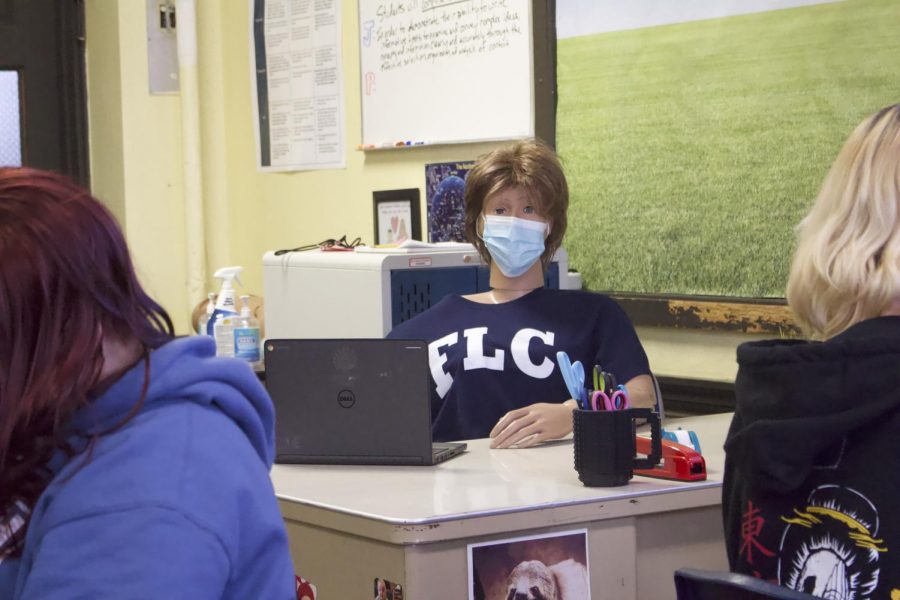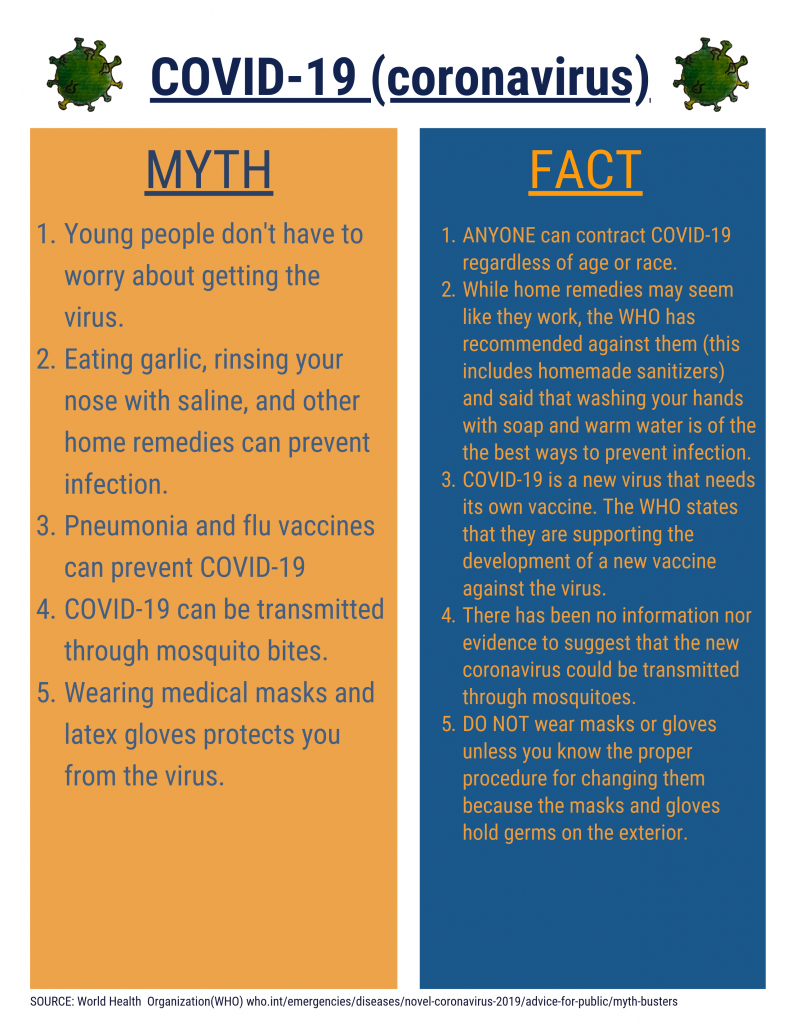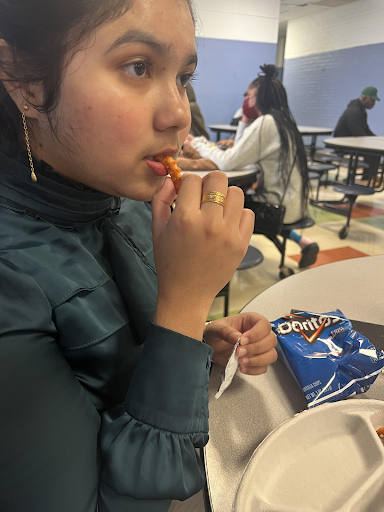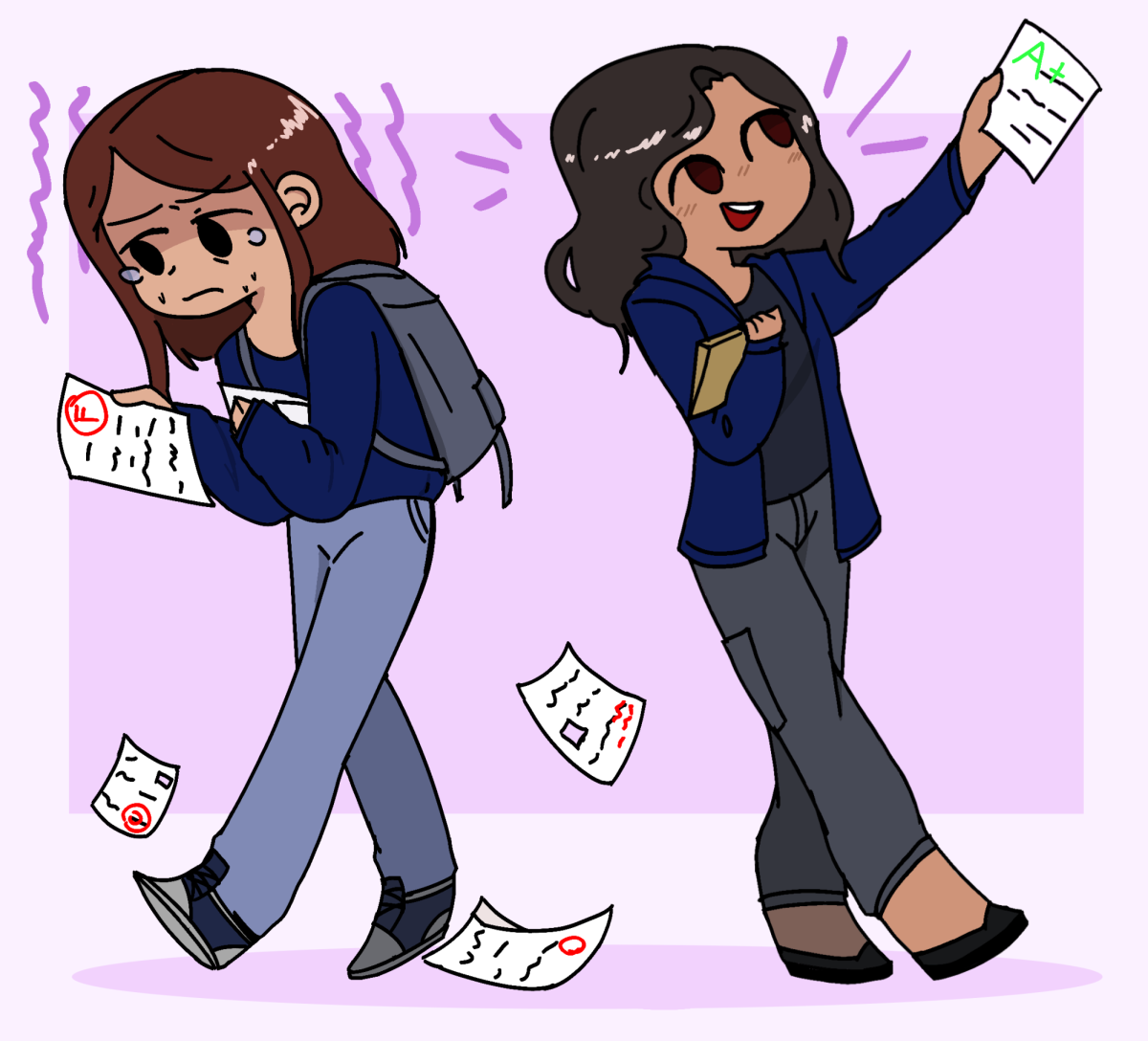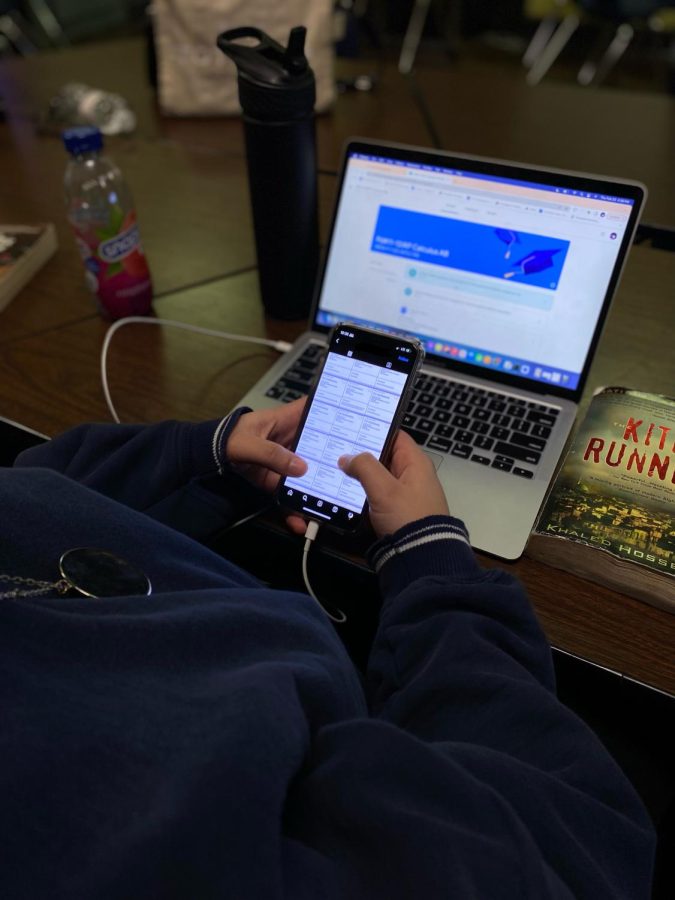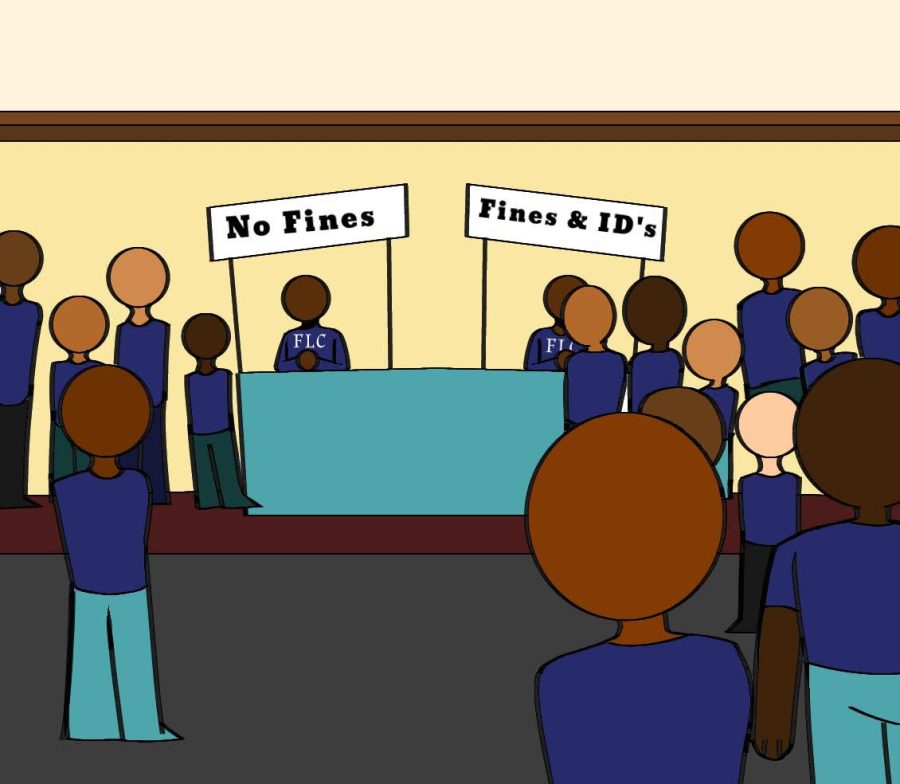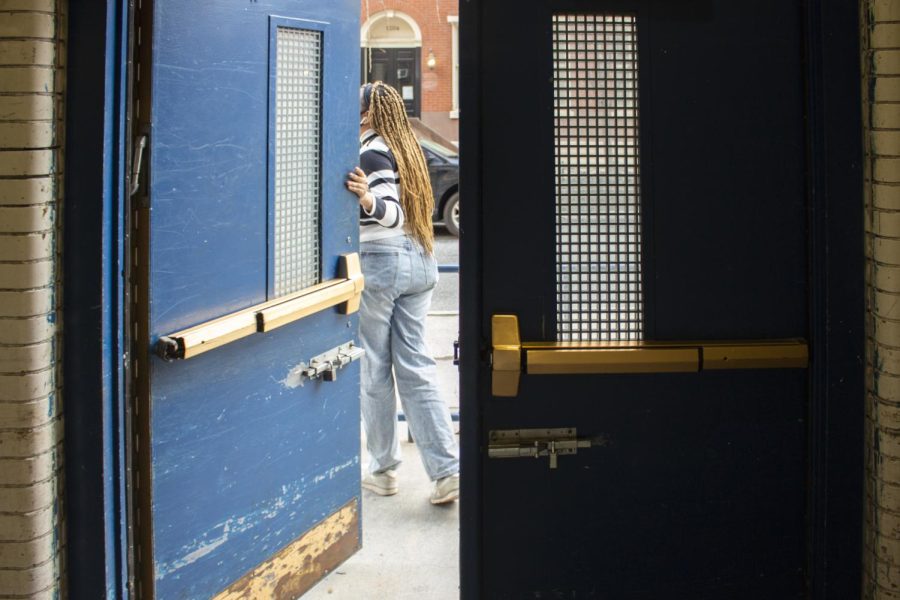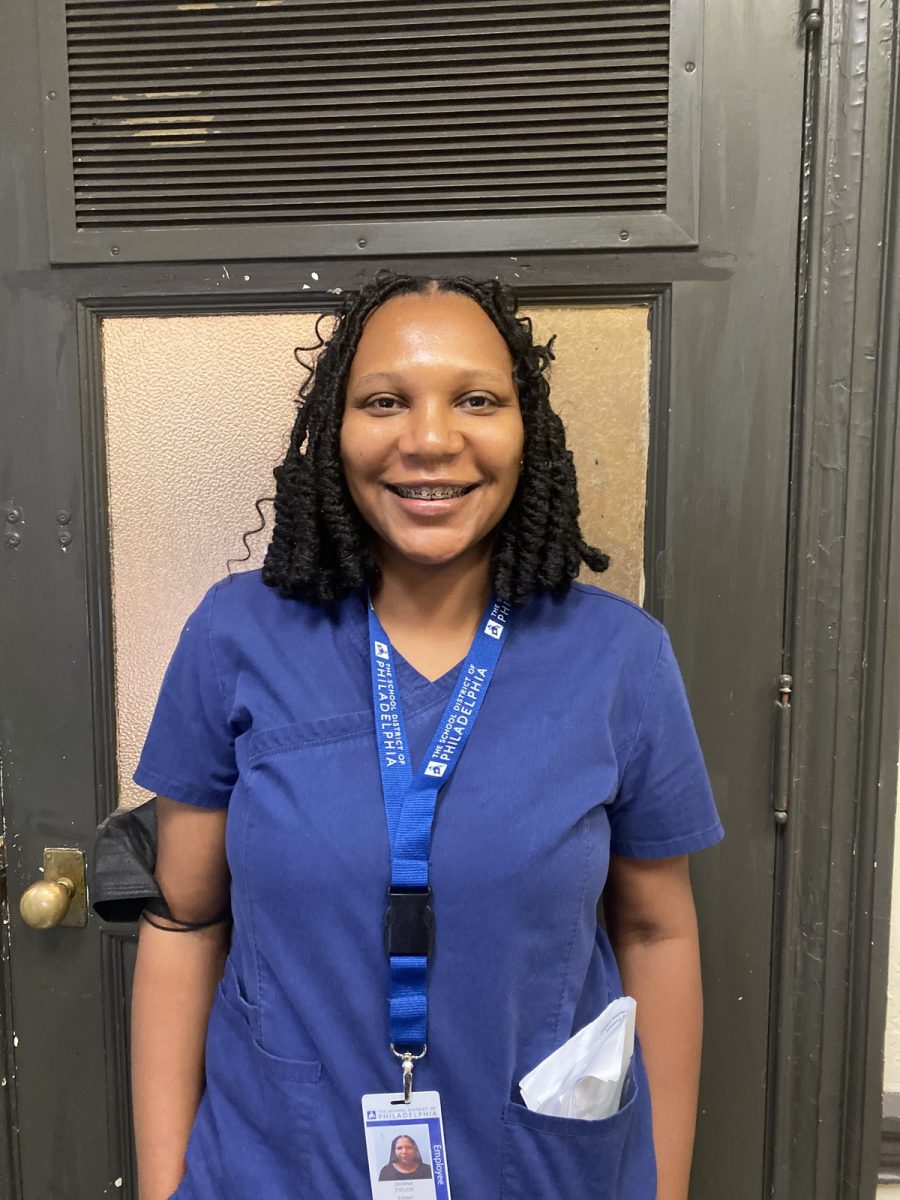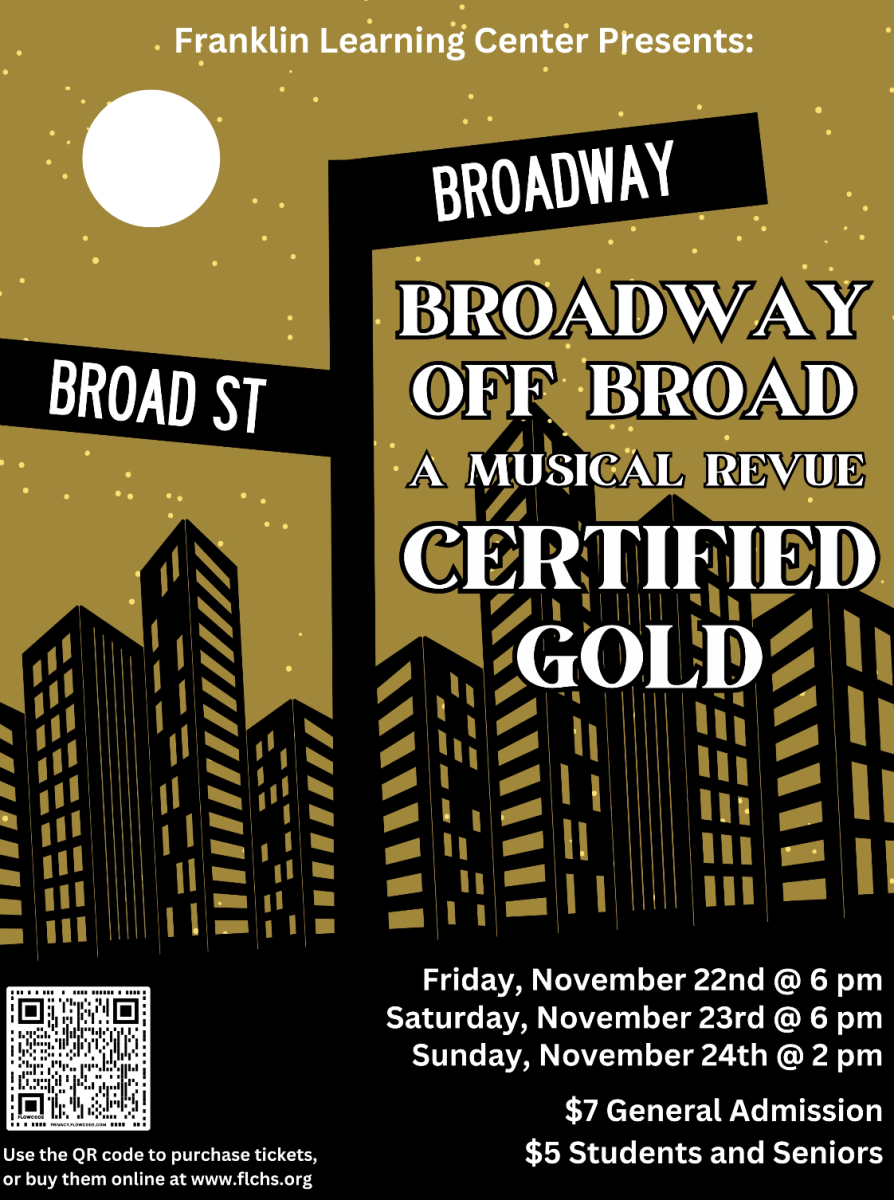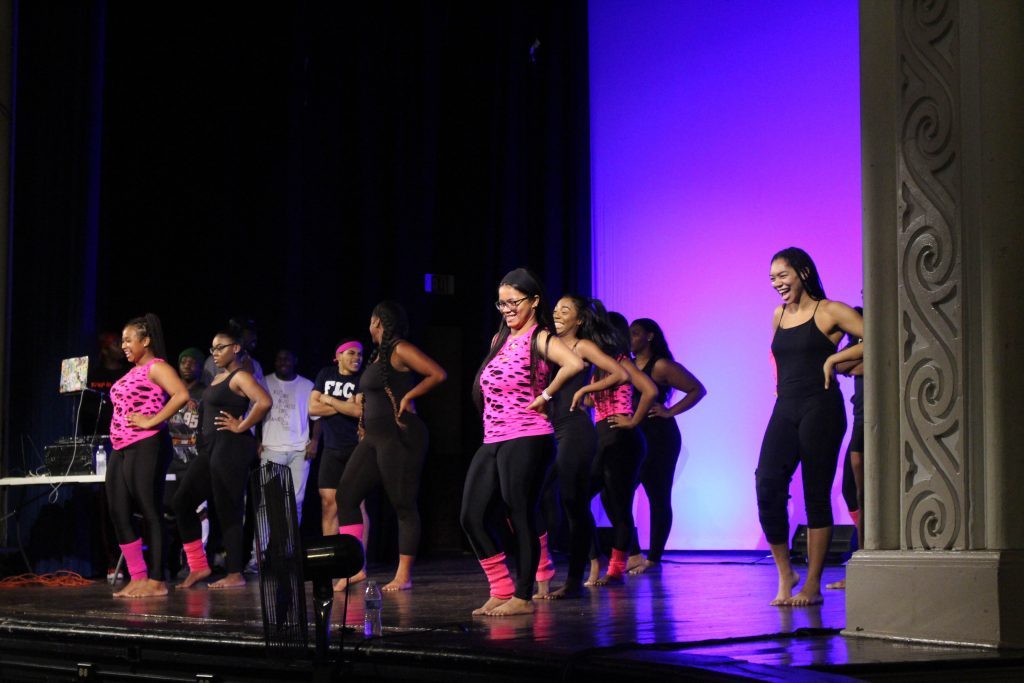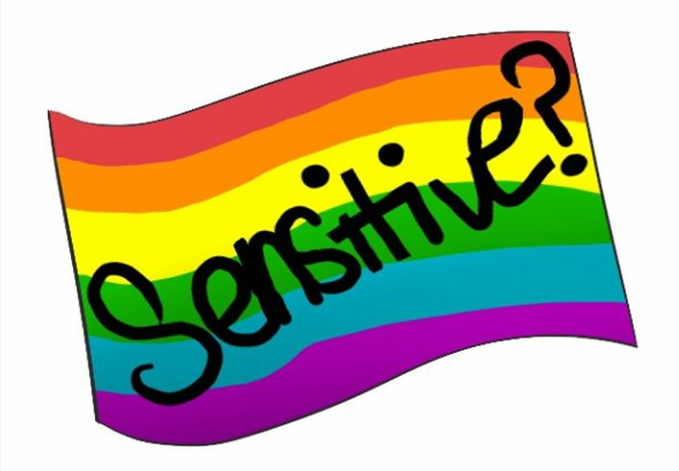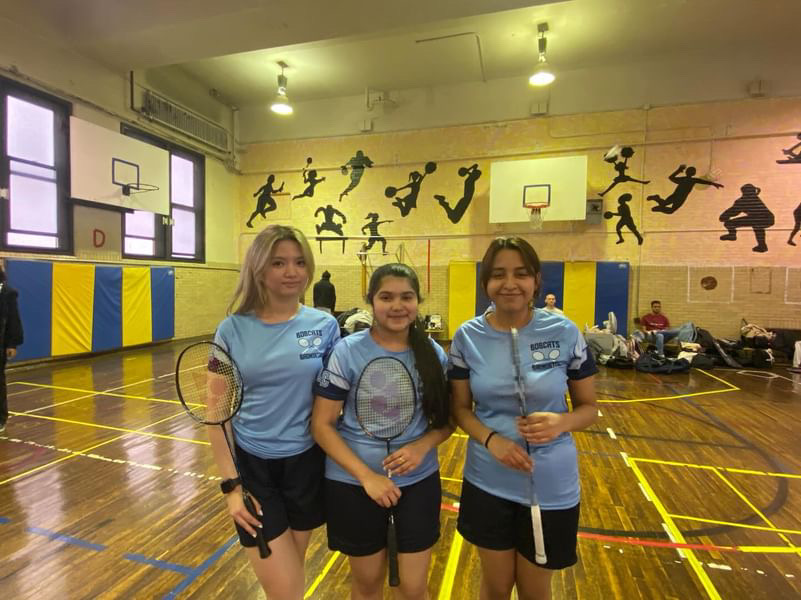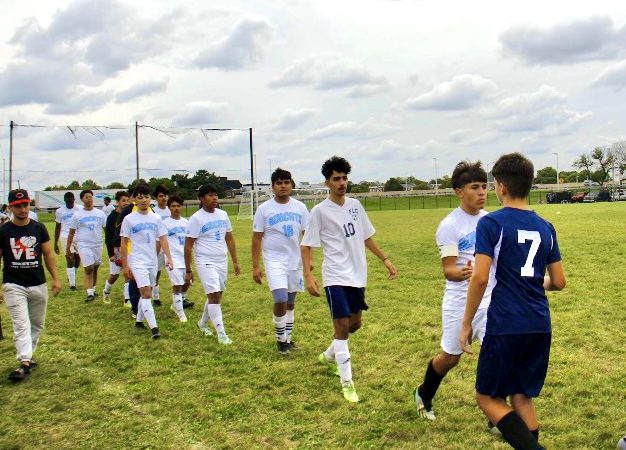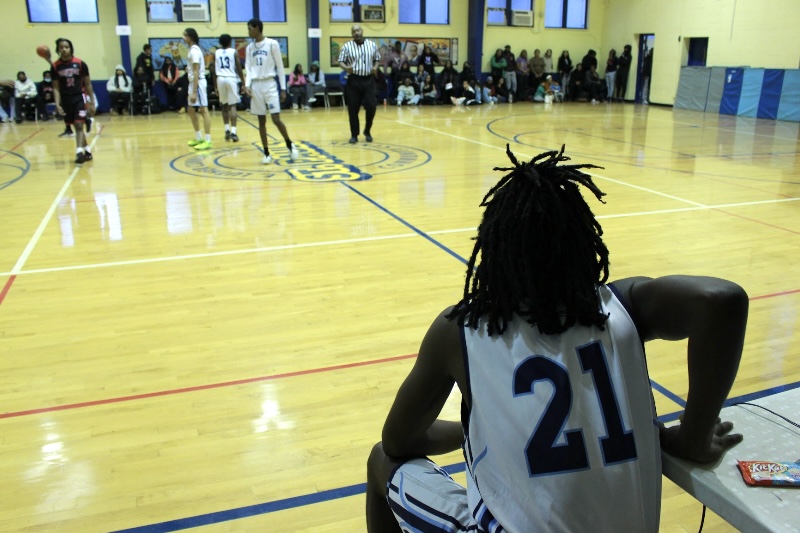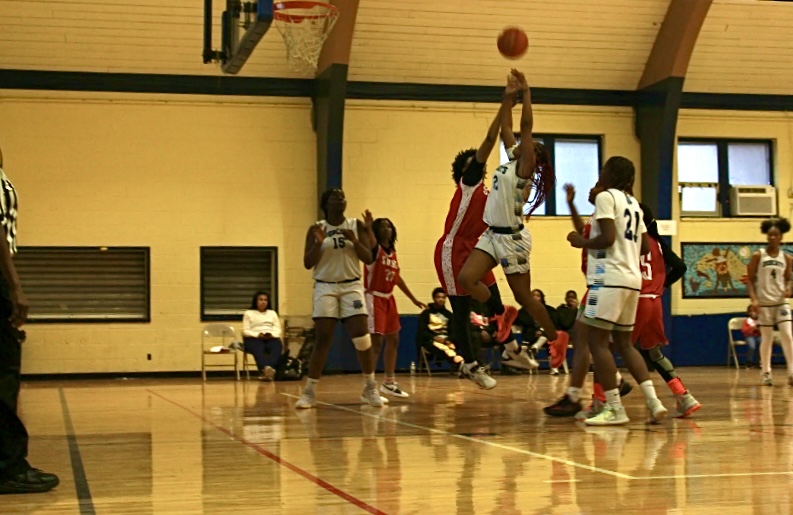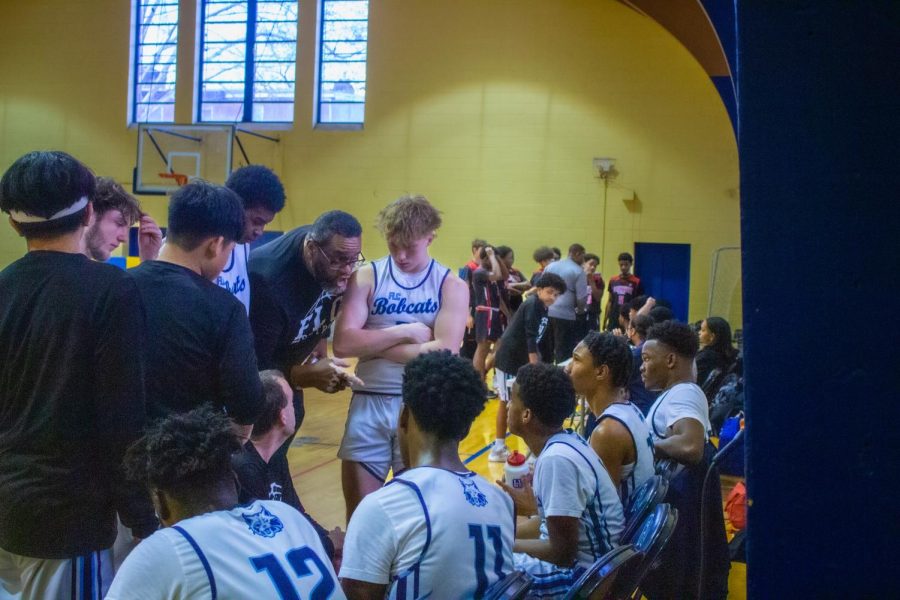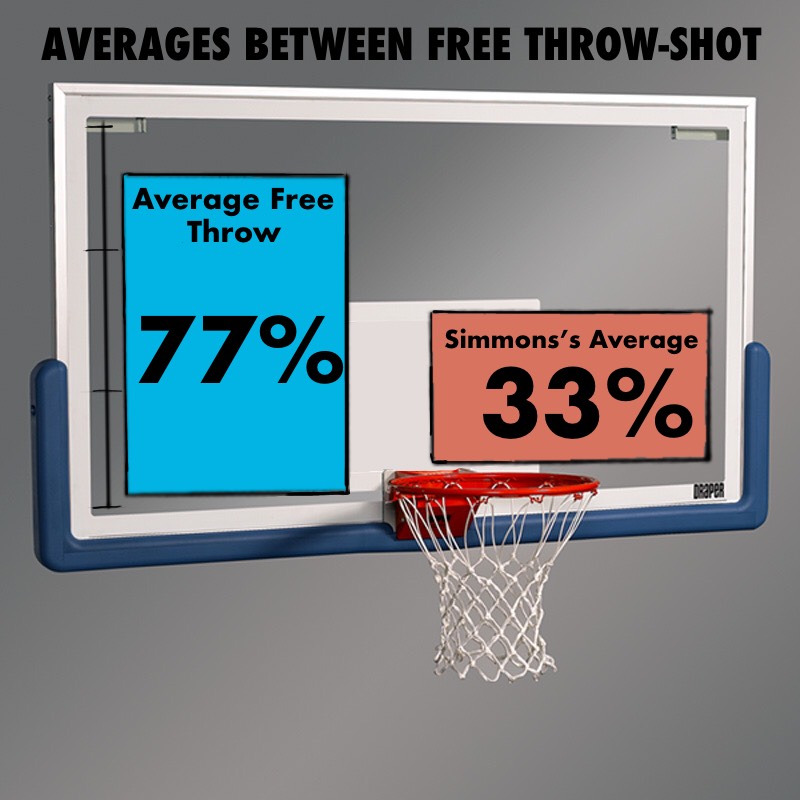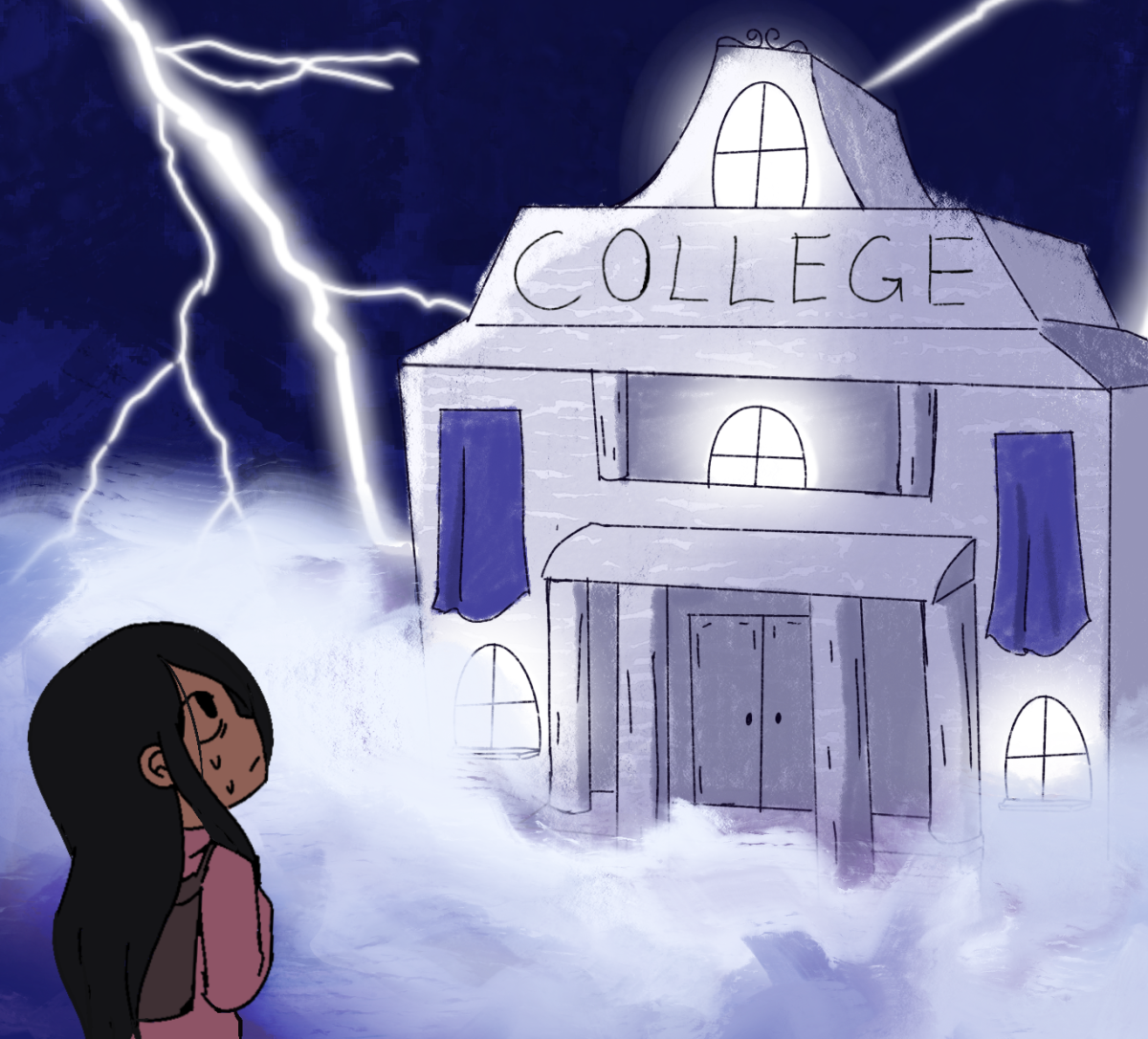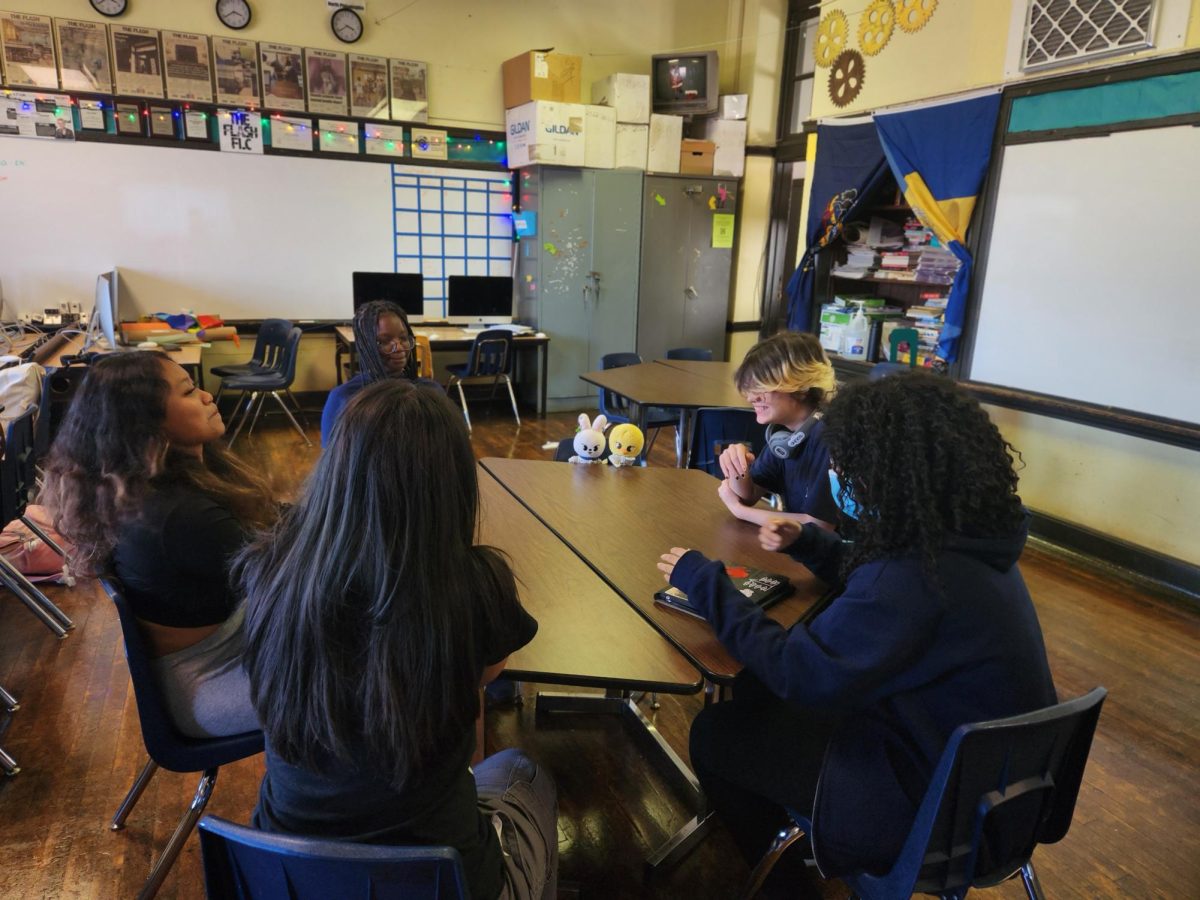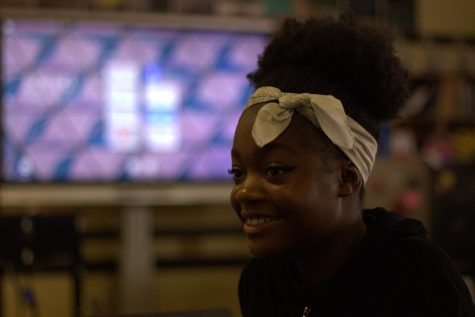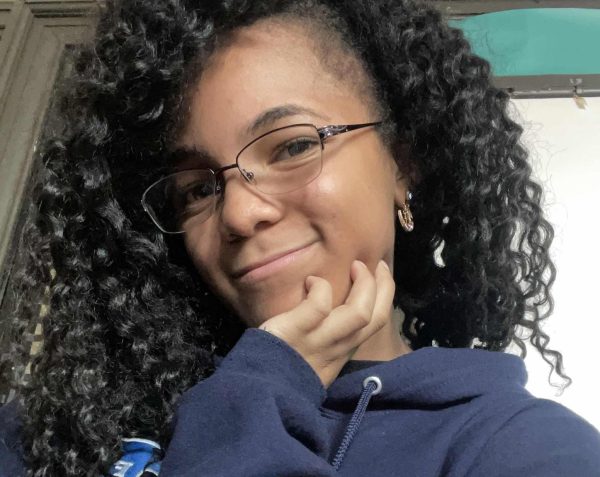As the school year begins, many upperclassmen are anxious to begin their college search and college applications but don’t know where to start. Here are a couple of steps to get you on the right path.
Apply for SATs or ACTs- If you haven’t already, take the SATs or ACTs. It’s a good idea to take them twice because only your highest math score and your highest reading scores will be cherry-picked and sent to colleges.
Ask for letters of recommendation early- If you’re a senior, you should ask for letters of recommendation early on in the year so teachers can give a well-written letter. Create a brag sheet and (possibly) a resume and send them to your prospective writers so they know exactly what to write about you.
Start college essays early- College essays, also known as personal statements, are crucial for your college application. Universities/colleges usually ask the same questions so make sure to make one that you can upload to all of your applications. When writing the essay consider: What values you want to convey, what adjectives you want them to see, what activities/programs you want to be known for, etc. The prompts for personal statements can be found on common app.
Figure your major out- Finding out what you want to do after college can be daunting but there are many search engines such as Naviance (philasd), the Princeton Review, CollegeBoard, Niche, and the U.S. News & World Report. Also, consider what subjects/courses you most and least enjoyed in high school. Considering what made those classes most/least enjoyable will help you figure out your major.
Figure out what college to go to- Once you have your desired major, you can pick which colleges you want to apply for. When applying for colleges consider things such as location, test requirements, majors, GPA requirements, class size, job placement rates, clubs/organizations, etc. It is very easy to apply to colleges because of their prestige and not because the college suits your needs. Be careful and make sure your colleges are attainable for and helpful to you. There are many college search engines such as Naviance (philasd), CollegeBoard, Department of Education.gov, and Niche that you can use.
Common Application- The Common App, as the name suggests, is an app that helps standardize your college applications. That way you don’t have to write an essay or submit your personal information to each prospective college. Register to the common app, type your desired major and college, and begin looking at prompts for the common app essay. Most colleges require at least one essay to get in so choose wisely and take your time while writing.
Early Decision vs Regular Decision- When applying to colleges you might see the terms early decision and regular decision quite often. Early decision means you are 100% sure that you want to go to that college/university. If you get into that college/university through Early Decision, you are legally bound to go to that college. You cannot, in any way, choose another college to go to. But Early Decision does help you to focus on financial aid and housing because you aren’t focused on applications. Plus, you get a higher chance of getting into said college/university. Regular decision means you don’t want to hold such a commitment to one college/university. As the names suggest, most aspects of the application process are due earlier when an early decision comes into play.
FAFSA- FAFSA stands for the Free Application for Federal Student Aid. To apply for FAFSA, you need your parents to fill a W-2 or 1099 form and send in IRS taxes so they can decide how much money you need. FAFSA is usually due by late June but the faster you apply, the more money that’s available for you.
Citizenship- Undocumented students are allowed to apply to any post-secondary school despite their status or documentation but (and this is a big but) they are not allowed to apply for federal aid or most scholarships. A select few noncitizens and non residents are allowed to apply for FASFA. To find out if you’re eligible, go for FASFA, go to the FAFSA student eligibility page. There are still a few dozen colleges that are 100% financial need-based despite citizenship. To find out more information, go to Cappex.
Questbridge- Questbridge provides a program for juniors called the College Prep Scholars (CPS) program. If admitted into the CPS program, students are liable to receive a full scholarship to a top college summer program, incentives to help with their college applications, an invitation to a national college conference, feedback for college essays, and more. Questbridge also has a program for seniors called the National Merit Scholarship (NMS) where you can get a full ride from their college partners. These college partners include Dartmouth, the University of Pennsylvania, Columbia, and the University of Chicago. The applications for both of these are very hefty and are known for their complexity but if you want to apply go to the Questbridge website.
Scholarships- Most of the financial aid students receive are from their colleges once they get accepted. Still, it’s a very good idea to apply to as many outside scholarships as possible. There are scholarships for almost anything: left-handedness, GPA, race, location, nationality, hobbies, future majors, struggles, eye color, prospective college. If you can think of it, there’s probably a scholarship out there for it. Some of these scholarships can get really competitive so try to apply to as many as possible.
Conclusion- Despite the length of this article, there is still a lot that wasn’t included that is very important. The college application process can be incredibly time-consuming and frustrating, so remember to reach out to dual enrollment professors, counselors, teachers, and staff about this process.

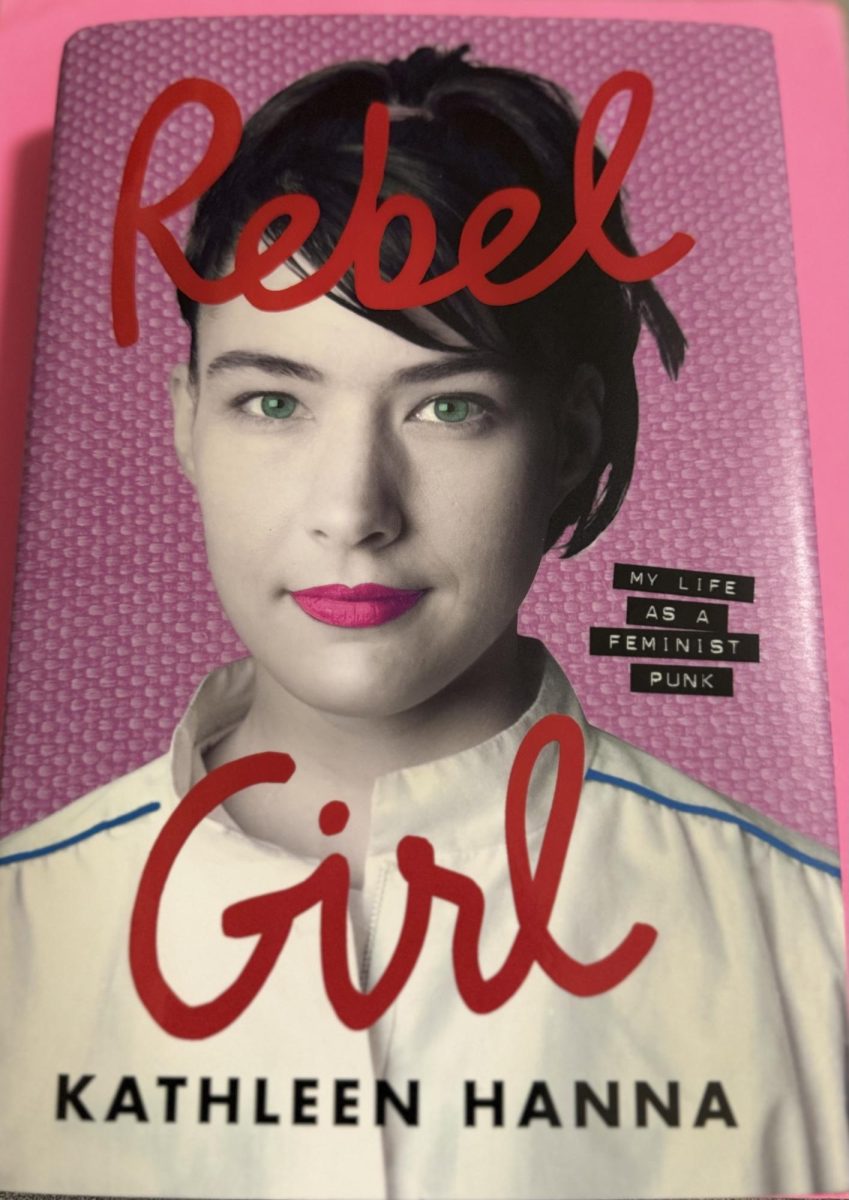



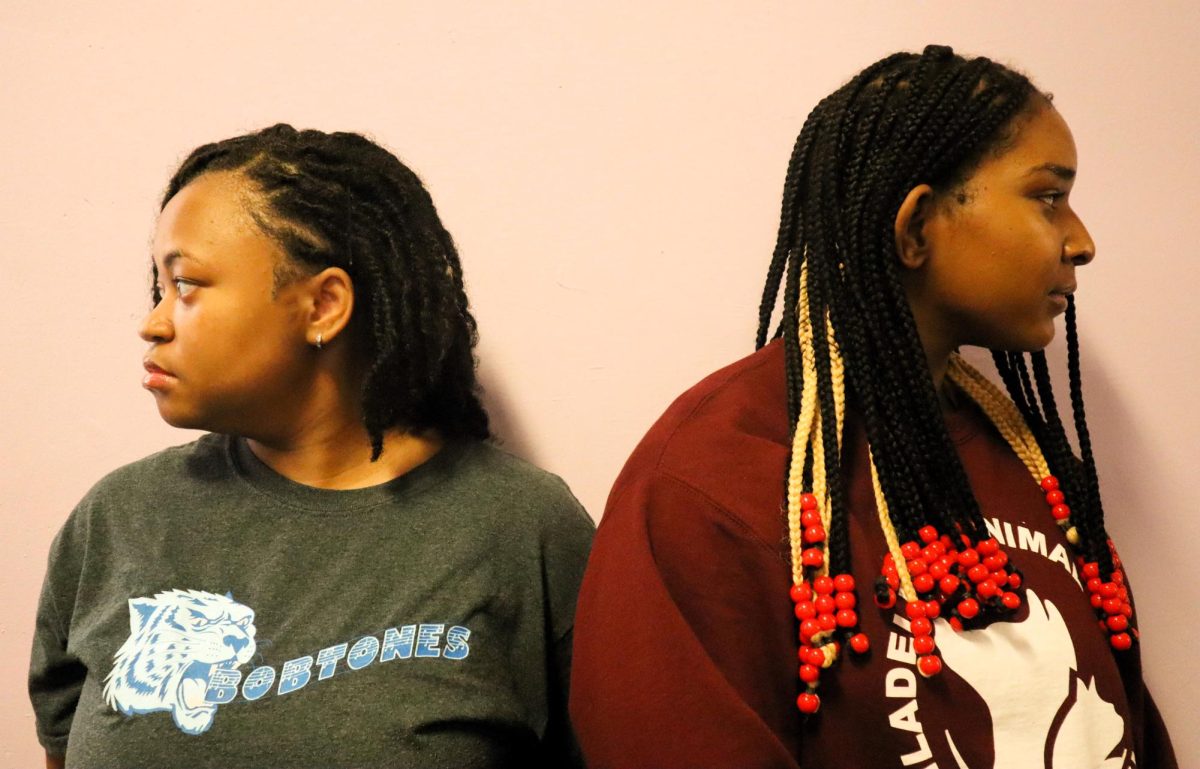
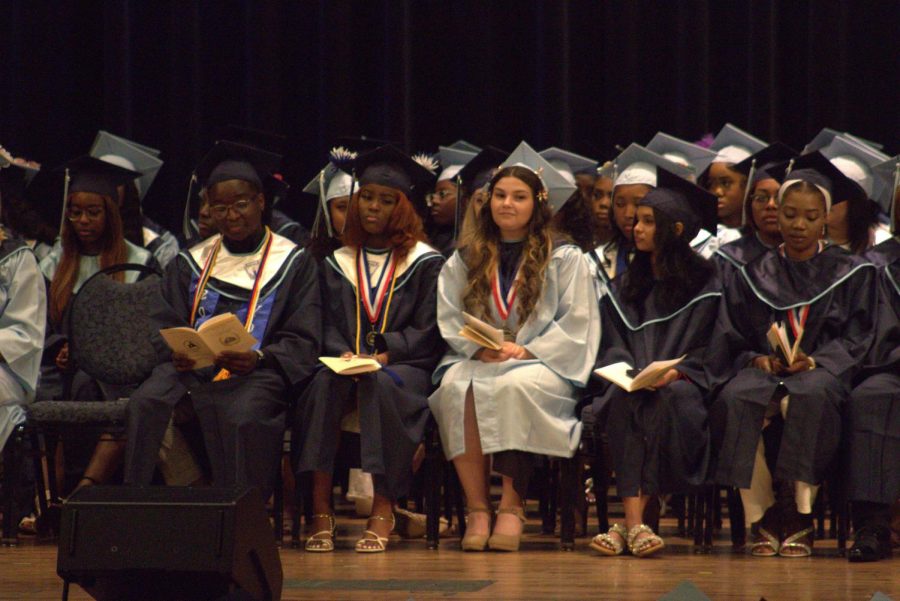
![[VIDEO] FLC 10th grade student awarded $40,000 in a BigFuture Scholarship](https://theflashflc.org/wp-content/uploads/2023/05/Screen-Shot-2023-05-02-at-4.39.10-PM-900x493.png)
![[VIDEO] Mayoral candidates campaign on student issues](https://theflashflc.org/wp-content/uploads/2023/04/IMG_1387-900x506.jpg)


